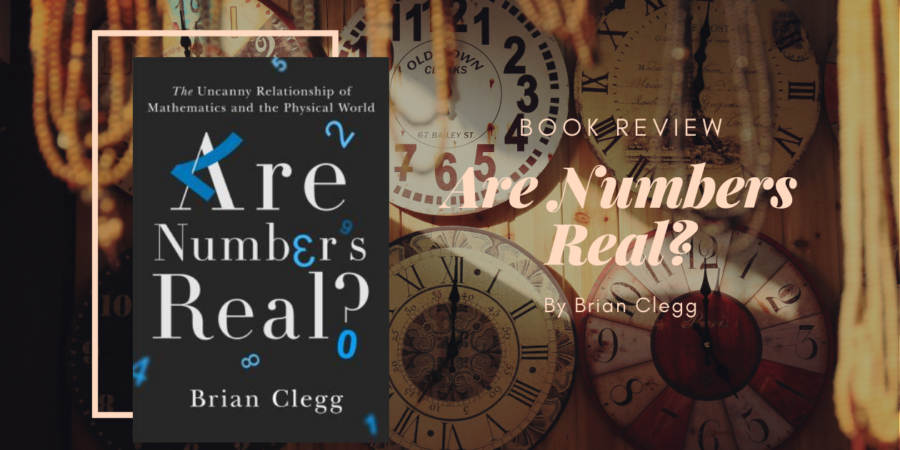I wouldn’t describe myself as a numbers person, but my brother is and when we saw this book, we decided that it was too interesting to pass up.
Are Numbers Real? is a book that looks into the history behind the math. The first six chapters focus on the history of math – how would numbers come about and how mathematics developed. The history of maths is really interesting, going through the cult of Pythagoras (which reminded me of The Black Tapes podcast), the first proofs, and how the number zero came from the Indians via the Middle East. It’s a very interesting history, and although some of it was familiar to me, I didn’t know a lot and it was good to be able to get the big picture.
Chapter seven bridges the gap between science and maths, and chapter eight onwards is where it gets a little hard to follow (for me, anyway). The book goes into the background behind things like imaginary numbers, statistics, infinity and a few other concepts that quite frankly, I still don’t really understand. It’s not that the writing was very technical – I actually felt it was accessible – but the concepts behind the math (even if it’s something we think it’s familiar, like tending to infinity) is new to me and I think would require a few more rounds of re-reading to fully comprehend.
The main thing I took from this book was the realisation that numbers aren’t concrete. We can see a book, or a cup of rice, or count a hundred sheep, but we cannot see the number 1 (not the words but the actual one-ness of it) or any other number. Which really made me appreciate what it took to move from counting things to thinking of numbers as abstract objects of their own.
Also, I learnt about this really interesting mathematician named Emmy Noether, who is not only one of the few great women in the field but is also the person who is “single-handedly responsible for the way mathematics began to set the agenda in physics” by identifying the importance of symmetry. I have to remember to check if there are biographies written about her because she sounds really fascinating!
If you’re into history and/or maths, I think you would enjoy this! The book doesn’t dumb down the subject, but rather, introduces it in a fairly accessible way. I won’t say that you’d grasp everything on the first reading, but it will definitely whet your appetite for maths.
